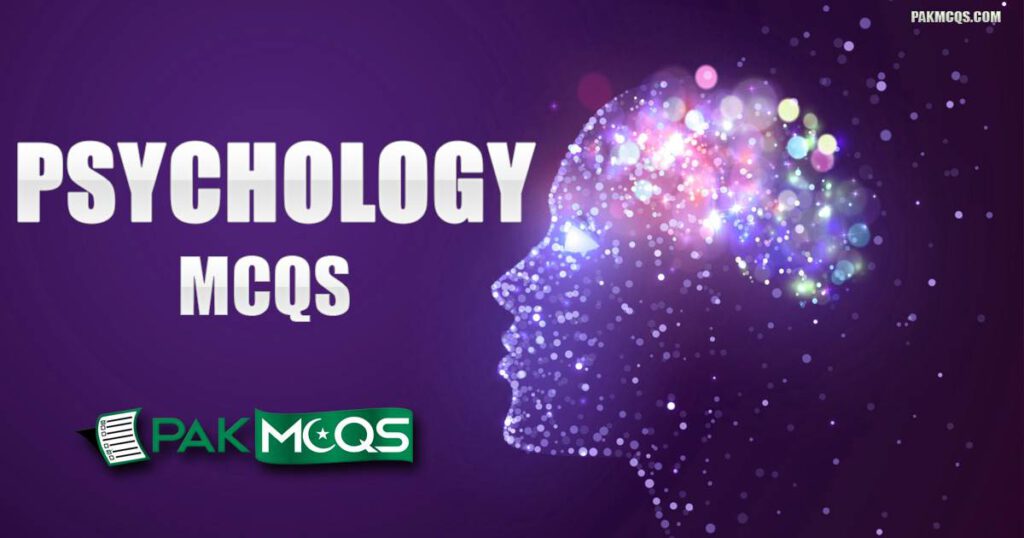A. free association
B. systematic desensitization
C. aversive conditioning
D. operant conditioning
Psychology Mcqs
Psychology Mcqs for Preparation – These Multiple Choice Questions are important for Lecturer Psychology, Clinical psychologist, Counselling psychologist, Educational psychologist and Forensic psychologist Jobs tests. Psychology Mcqs questions are very important for all type of exams conducted by Fpsc, Nts, Kppsc, Ppsc, Spsc, Bpsc, Ots, Uts, Pts, Cts, Ats, etea and other testing agencies of Pakistan.
| PSYCHOLOGY MCQS | |||
|---|---|---|---|
| 1. Introduction to Psychology | 2. Emotions | ||
| 3. Therapy | 4. Memory | ||
| 5. Intelligence | 6. Infancy And Childhood | ||
| 7. Health Psychology | 8. Forensic Psychology | ||
| 9. Branches of Psychology | 10. Attitudes, Attributions And Social Cognition | ||
| 11. Adolescence And Adulthood | 12. Abnormal Psychology | ||
| 13. Social Psychology | 14. Sensation And Perception | ||
| 15. Research Methods | 16. Psychology Theories | ||
| 17. Psychological Disorders and their Treatment | 18. Personality | ||
| 19. Organizational Psychology | 20. Nervous System | ||
| 21. Motivation | 22. Methods and Approaches | ||
| 23. Methodology | 24. Major Thinkers in Psychology | ||
| 25. Learning | 26. Language And Thought | ||
| 27. Interpersonal Relations And Group Processes | 28. Industrial Psychology | ||
| 29. Educational Psychology | 30. Developmental Psychology | ||
| 31. Criminal Psychology | 32. Coordination | ||
| 33. Cognitive Psychology | 34. Biological Foundations of Behavior | ||
| 35. Miscellaneous Psychology | 36. | ||
A. dream interpretation
B. free association
C. meta – analysis
D. repression
A. biomedical therapist
B. psychoanalyst
C. family therapist
D. cognitive therapist
A. behavior and drug therapies
B. psychoanalysis and client – centered therapy
C. Psychoanalysis and drug therapies
D. cognitive and psychoanalytic therapies
A. the double – blind technique
B. aversive conditioning
C. eye movement desensitization and reprocessing
D. virtual reality exposure therapy
A. transfer of treatment to real – life situations
B. direct confrontation with the feared object
C. use of virtual reality to confront the fear
D. gradual approach to the feared object
A. self – blaming explanations
B. social relationships
C. circadian rhythm
D. visual acuity
A. clinical psychologist
B. research psychologist
C. school psychologists
D. counselling psychologist
A. Ativan
B. Xanax
C. Thorazine
D. lithium
A. behavior modification
B. systematic desensitization
C. psychodynamic activation
D. reaction formation


